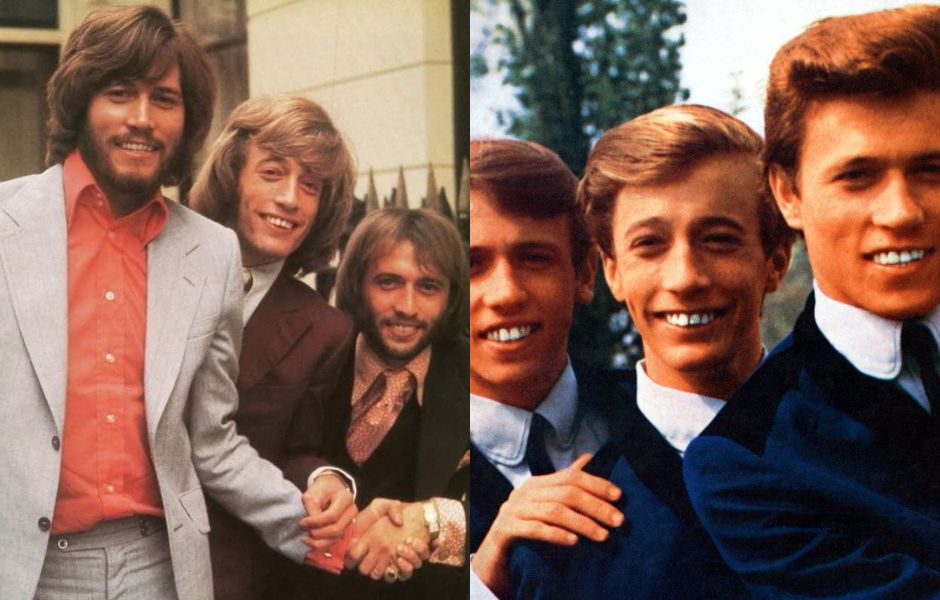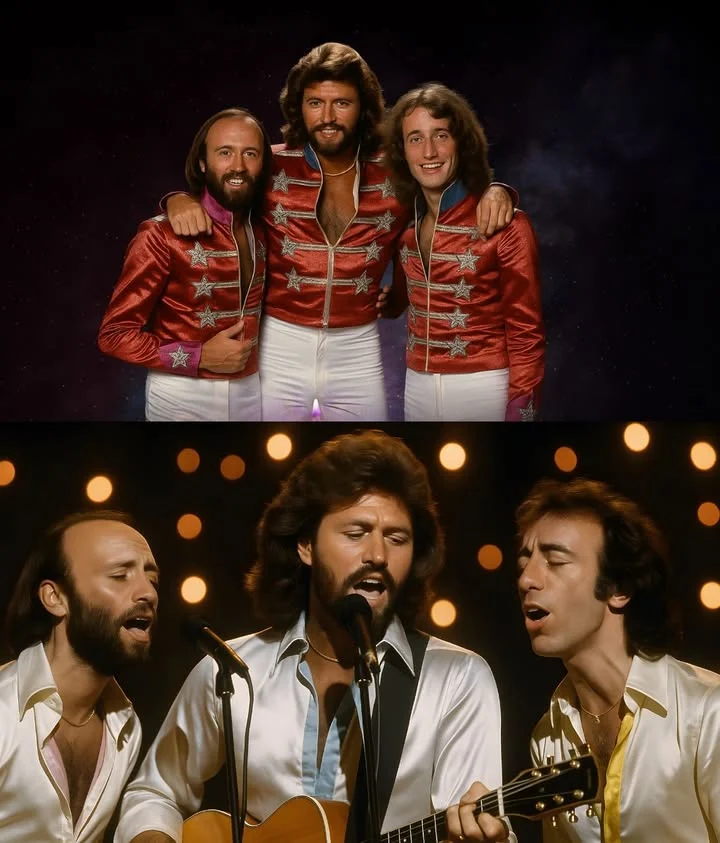
Massachusetts A Lonely Hymn for a Dream That Never Came True
Some songs don’t just play—they breathe, echoing through the corridors of our past, inviting us to journey inward. The Bee Gees’ “Massachusetts” is one such haunting melody, a tender sigh that holds the bittersweet weight of longing and loss. It’s a song that doesn’t simply transport you across geography but across memory itself, back to a place that might never have truly been home.
In 1967, as youthful rebellion clashed with historic change, the Bee Gees emerged with a ballad that quietly defied the noisy tumult of its era. Barry, Robin, and Maurice Gibb found grace not in the raucous calls for revolution or freedom flooding the airwaves, but in a fragile story whispered through harmonies. “Feel I’m going back to Massachusetts…” Robin’s voice begins—not with bravado, but with the vulnerability of someone racing not toward a destination but fleeing from their own displacement. The song captures a profound sadness in its delicate arrangement. It’s a lament for that aching awareness: you can leave home chasing a dream, and when you come back, home is gone.
Producer Robert Stigwood, reflecting years later, said, “They weren’t singing about a place as much as a feeling—something everyone has but few can put into words. That mix of hope and heartbreak blew people away.” The Bee Gees gave voice not just to their own restless hearts but to a generation discovering that dreams often come with shadows attached.
Robin Gibb’s lead vocals thread through the song like an intimate confession. His voice is delicate and mournful, almost fragile—a canvas on which Barry and Maurice paint lush harmonies. The resulting sound doesn’t shout; it floats softly, like wind over a half-empty train station, carrying the quiet ache of loss and reflection. The song is spare and restrained, but every note trembles with emotional weight. It’s this tension between the song’s sweet melody and its underlying despair that gives “Massachusetts” its timeless emotional charge.
For Barry, the song remains a deeply personal prayer. In live performances decades later, when he sang “Massachusetts” alone, it was as if the years of triumph and tragedy concentrated into a single moment of fragile remembrance. “When I sing it now, it’s like reaching out into the past. It’s a memory of a place and time, but also of a feeling—one I’m still trying to understand,” Barry once confided. There’s a sacred stillness in his delivery, as though the song is no longer just music, but the voice of something much larger—the quiet yearning for what can never come home again.
The irony of “Massachusetts” as the Bee Gees’ first UK number one can’t be overstated. Despite launching the brothers into international fame, the song’s heart was never about stardom or celebration. It encapsulated an essential human truth: the places we long for aren’t always on a map. The song paints a portrait of alienation, the fragile hope that propels wanderers to leave, and the inevitable solitude of return.
Maurice Gibb’s widow, Yvonne, once shared, “Maurice loved how ‘Massachusetts’ wasn’t about just one thing. It was about every moment in life when you realize you’ve been chasing something only to find it’s changed or slipped away.” This universal melancholy—wrapped in so much beauty—resonates whether you’re an army of one or surrounded by thousands. And perhaps this is why the song persists, still wrapped in gentle light over fifty years later, a soft lament for everything we try to hold onto but can’t.
Listening to “Massachusetts” today feels like tuning into an old film’s soundtrack—nostalgic yet piercing. The melody lingers in the air like a candle’s flicker in the dark, its bittersweet glow illuminating those empty spaces inside us all. It’s a hymn for the travelers, the dreamers, and the seekers who’ve looked back and found only shadows waiting. More than just a ballad, it becomes a conversation with time itself, a reminder that some journeys bring us full circle to places that exist only in memory.
As Barry Gibb sings those final notes, we are left with a haunting question: what dreams do we chase, and what echoes will they leave behind in the chambers of our hearts? The answer drifts away softly on the wind, as elusive and enduring as the song itself.
